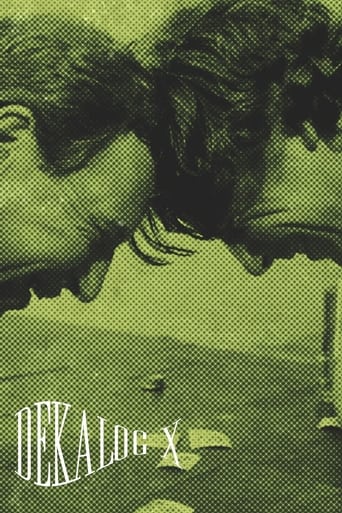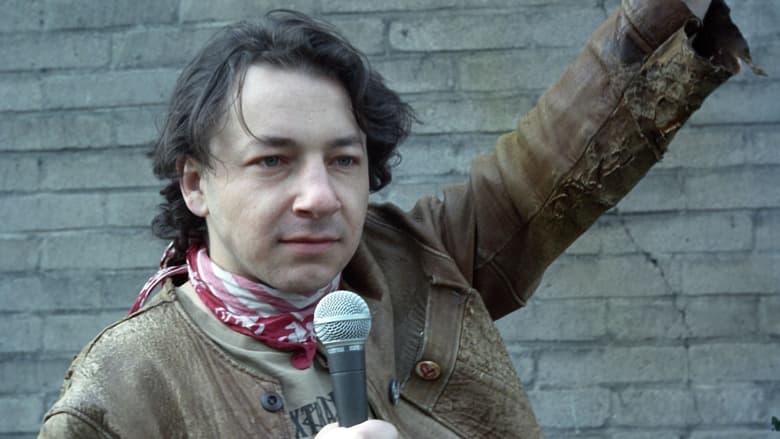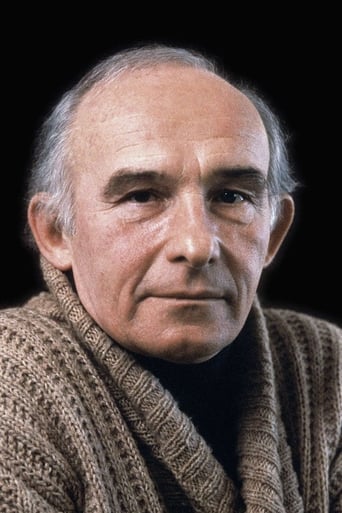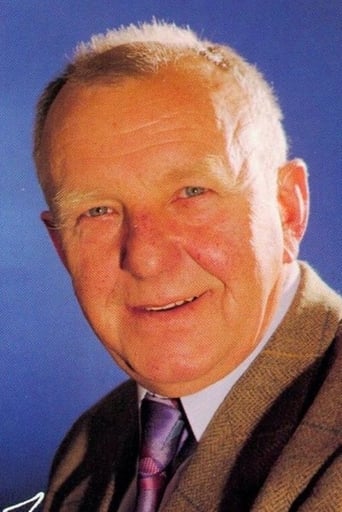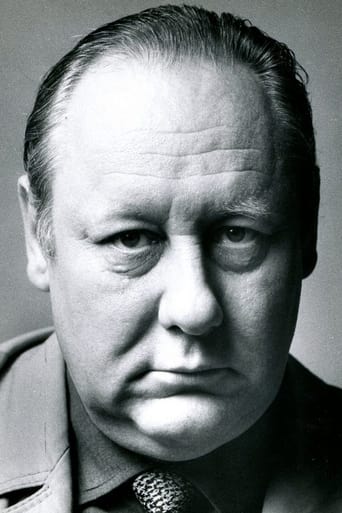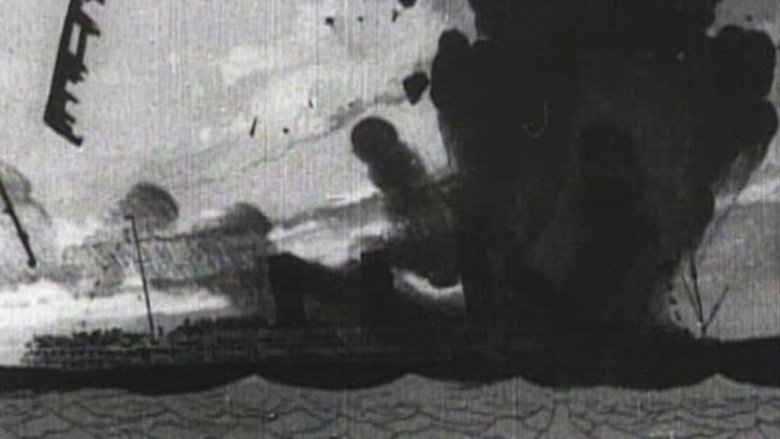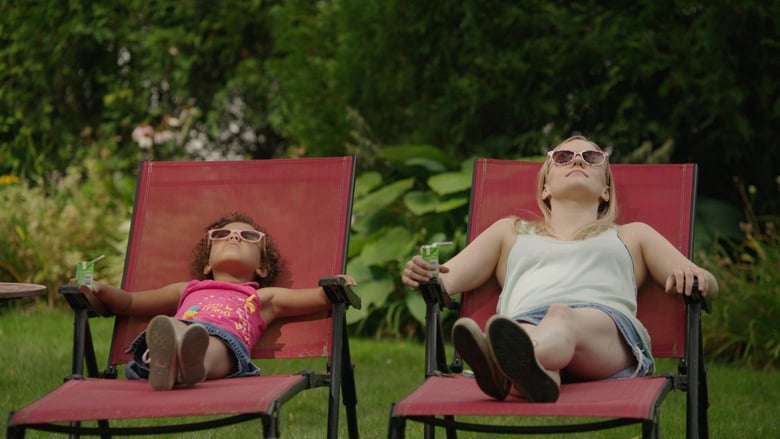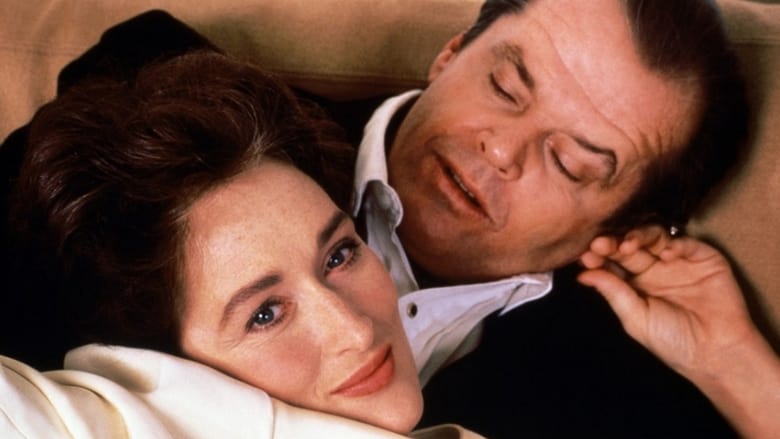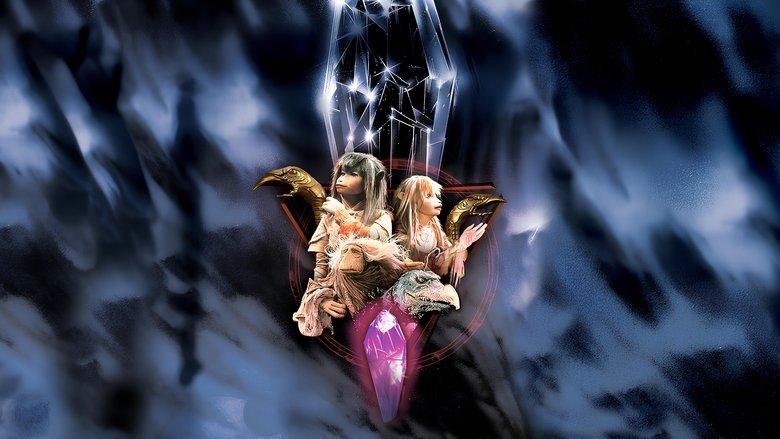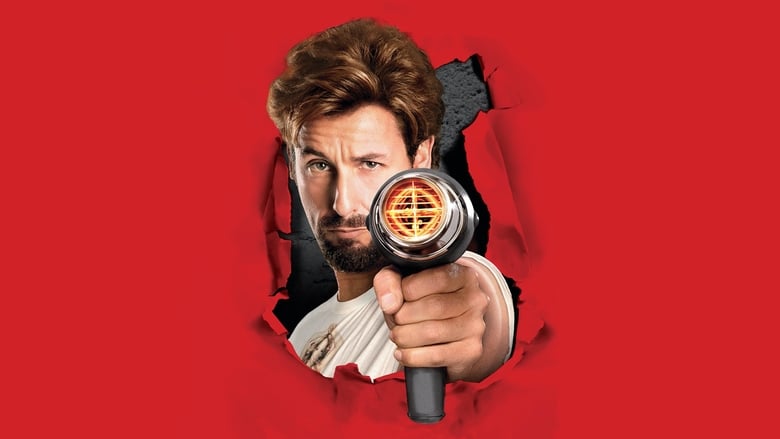Jerzy and Artur’s father dies, leaving behind a valuable stamp collection, which, they discover, is coveted by dealers of varying degrees of shadiness. The more involved the brothers get in their father’s world, the more dire and comical their situation becomes.


Similar titles

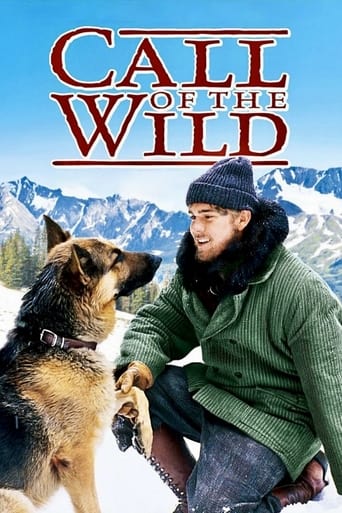

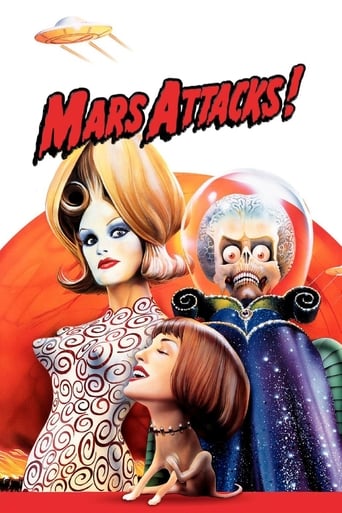


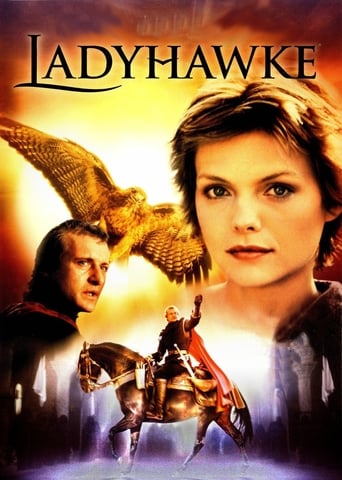
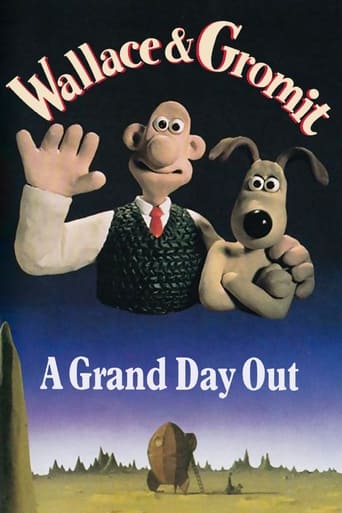
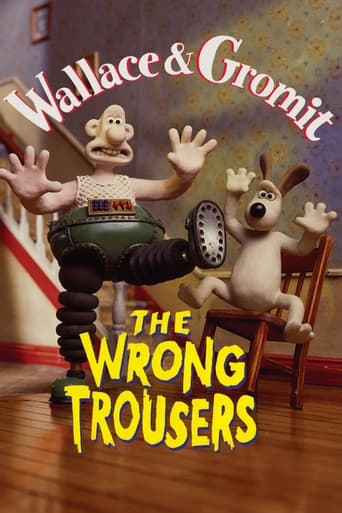
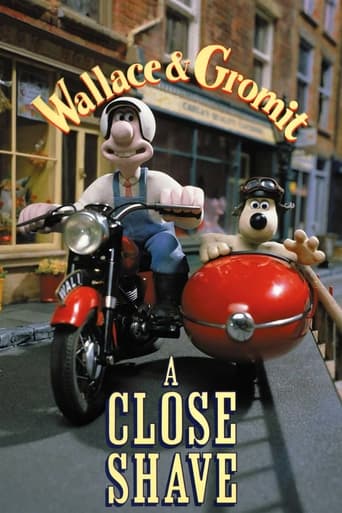
Reviews
Watching this short film, I am sure that many would remark that Polish director Kieslowski has chosen a facetious manner of ending "Dekalog" series. Those who feel that Polish films are a serious affair will be happy to learn that in this film there are no signs of usual Polish /East European gloominess which is very much prevalent in other films by Krzysztof Kieslowski. It is one of the most humorous of all his 10 short films as viewers get to see a simple story of how two brothers learn through a series of bittersweet experiences that there is no point in coveting other people's goods."Dekalog 10:Thou Shalt Not Covet Thy Neighbour's Goods" is a perfect example of a comedy film which is different from other comedy films à la Hollywood. It is a comedy film made in Poland and bears no resemblance with other slapstick comedies made by masters like Buster Keaton and Charles Chaplin. Dekalog 10 is unique in many ways as we see things from a new perspective. One of the characters is a lead singer for a Polish Rock band called "City Death". Watching him perform a spirited song with sprightly moves, it can be surmised that it is not an individual musician who is crazy about personal liberty but an entire nation is displaying restless energy for freedom. It is not so often that we come across a film in which villains do not look like villains. Dekalog 10 features a minor plot involving villains and shady deals but all credit goes to remarkable Kieslowski who has scripted his film in such a manner that it is difficult to ascertain who is cheating whom ? Two great actors of Polish cinema Jerzy Stuhr and Zbigniew Zamachowski teach us the greatest lesson of humanity :It is wise not to deal in a thing about which one is not sure.
This is my favorite episode of the Decalogue because I have dealt with a lot of death in the family and can really relate to two brothers and their relationship with the materials left behind by someone they loved. This is a very touching and personal story that follows the death of the neighbor from Decalogue 8, the stamp collector. His two sons, one a metal rocker and the other a family man, are left with a collection of stamps so valuable they don't know what to do with it, nor even really what it's worth. As they begin to find out, it becomes worth more to them personally than it does valuably, and they find themselves obsessing over the past of a man they didn't much respect before.In terms of the thematic connotations of the Decalogue, it's one of the few stories that fit so easily into the rule: "Thou shalt not covet they neighbors goods." Once thrown into an almost underground world of something seemingly innocuous as stamp collecting, the brothers learn just how jealously they can guard something so small and fragmentary, and to what lengths they will go to for completion.But at the heart of the story is two brothers trying subconsciously to hold on to the last vestiges of a father they never really knew, and it's only with the heart-rending tragedy of the ending that they look past what he had to what it all means to them. True to most of Kieslowski's Decalogue, the fifty seemingly slow minutes are packed with levels of narration and symbolic intention that creates a fantastically effective parable on loss and redemption.--PolarisDiB
Having gotten the videos of the Decalogue one volume at a time over the last 6 months from the Denver Public Library, I have enjoyed an extended appreciation of this towering masterpiece. Kiewslowski created so many moods, characters, settings, and above all, stories that engaged me completely, challenging me to pay attention, to care, and not to assume I knew where the story was going. So many wonderful endings and denouements, some painful, some twisted decidedly upward. #10 is decidedly a comedy. The two brothers, as we get to know them, are led into a sort of avarice and then a love for their late father's stamp collection, which is vastly more valuable than they imagined. Their greatest sin seems to be not growing paranoid over their inheritance, but that they were distant from the father, as well as from each other. I believe that the sin of coveting was committed by the unscrupulous dealer, whom we have reason to sympathize with in the strange (and beautifully conceived) barter that is at the core of this great story. I agree that to end this great decalogue with laughter is brilliant and makes the whole work even more memorable. I just saw this final show yesterday, and now I'm thinking about getting Episodes 1 and 2 again. (A new multi-screen art cinema opened in Denver this spring, and one of their initial bookings was The Decalogue, a week for each pair of films. I should have gone and seen them on the big screen, but they were after all created for television...)
Do not covet thy neighbours oxen (or whatever the material good specified in the commandment happens to be), in Kielowski's hands becomes a master work of human observation. The petty jealousies of two brothers are perfectly captured, in this wry Satirical film. Less unremitingly bleak than Three Colours White (the director's other attack on greed), Dekalog dziesiec gently exposes the folloy of human desires. The satire is more Jane Austin than Jonathan Swift, but remains laugh out loud funny.It goes with out saying that the acting, photography, script, score, editing etc. are all stunning. The only question is why don't we get stuff like this on T.V. in the west?
